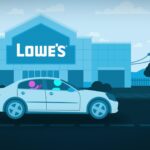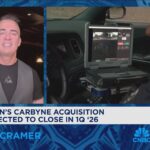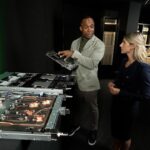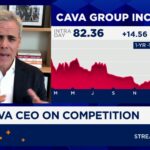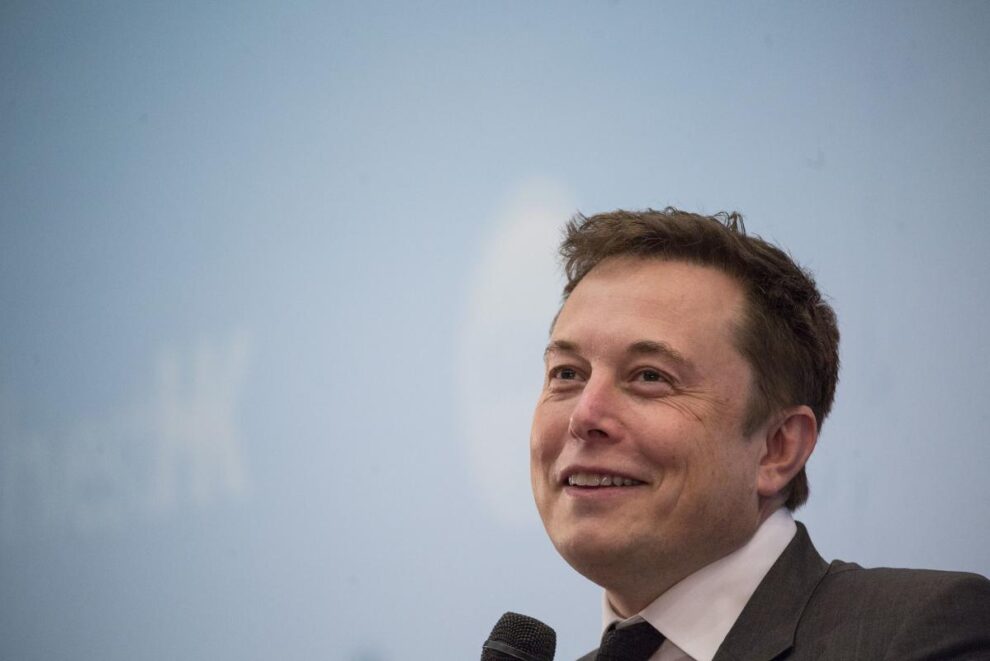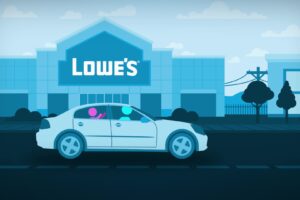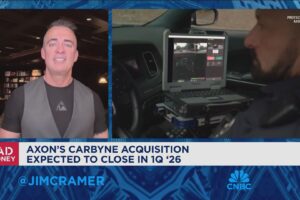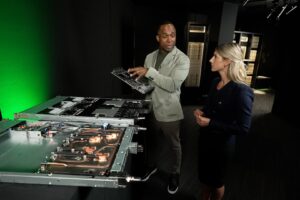
(Bloomberg) — Tesla Inc. chief Elon Musk has contributed a column for the official publication of the Cyberspace Administration of China, the powerful agency that oversees data security for companies from Alibaba to Tencent and works with other government organs to censor online content.
Most Read from Bloomberg
The billionaire laid out a familiar vision for using technology to ensure humanity’s future for the July edition of the CAC’s official magazine, joining local industry luminaries including Ant Group Co. Chairman Eric Jing, who offered his thoughts on responsible tech development that promotes inclusiveness.
Those echo the broader goals of President Xi Jinping’s administration, which for more than a year has worked to curtail the power of tech leaders like Tencent Holdings Ltd. and Alibaba Group Holding Ltd. That crackdown, which wiped out more than $1 trillion of market value, began when regulators halted Ant’s record IPO in 2020 and peaked around the time Didi Global Inc. delisted — an effort the CAC drove.
Musk’s efforts recalled the outreach by Meta Platforms Inc.’s Mark Zuckerberg and Alphabet Inc.’s Sundar Pichai in years past, when US internet companies harbored aspirations of working with the world’s No. 2 economy.
“Musk is trying to walk the same tightrope that Zuckerberg and Pichai walked before him – but these are different times,” said Kendra Schaefer, head of tech policy research at Trivium China. “Tech execs trying to maintain healthy relationships in China are increasingly seeing that decision being taken out of their hands by either Chinese regulations, US users, or the US government. If Musk isn’t sitting in front of a congressional committee within a year being grilled on his relationship with China, I’ll be flabbergasted.”
Read more: Xi Elevates Obscure China Watchdog to Take On Didi, Big Tech
China is the world’s biggest market for electric vehicles and home to Tesla’s Shanghai Gigafactory, a centerpiece of the EV maker’s growth plans. The biggest supplier of EV batteries, Contemporary Amperex Technology Co., is based in Fujian province. But Chinese consumers have in the past attacked Tesla for allegedly unfair practices, while others have protested the extent of its domestic data collection.
Musk, who has drawn criticism for his close ties to Beijing, last year joined Xi’s World Internet Conference to extol the virtues of international cooperation. A representative for Tesla China confirmed Musk had written the article but declined further comment.
“I want to do everything we can to maximize the use of technology to help achieve a better future for humanity,” Musk wrote. “To that end, any area that contributes to a sustainable future is worthy of our investment.”
Musk said in the column that the magazine, whose inaugural edition was published this year, had reached out to him for the article. The entrepreneur touched on his businesses, including Space Exploration Technologies Corp., which he calls the first step toward settling a city on Mars. He also talked up the Neuralink Corp. brain-machine interface and the humanoid Tesla Bot announced last year, which is set for its first prototype this year. He addresses his audience as his “Chinese friends” while putting the focus on larger themes of transport electrification.
“My greatest hope is that humans create a self-sustaining city on Mars,” Musk said, a familiar refrain. “Tesla Bots are initially positioned to replace people in repetitive, boring, and dangerous tasks. But the vision is for them to serve millions of households, such as cooking, mowing lawns, and caring for the elderly.”
(Updates with analyst’s comment from the fifth paragraph)
Most Read from Bloomberg Businessweek
©2022 Bloomberg L.P.


